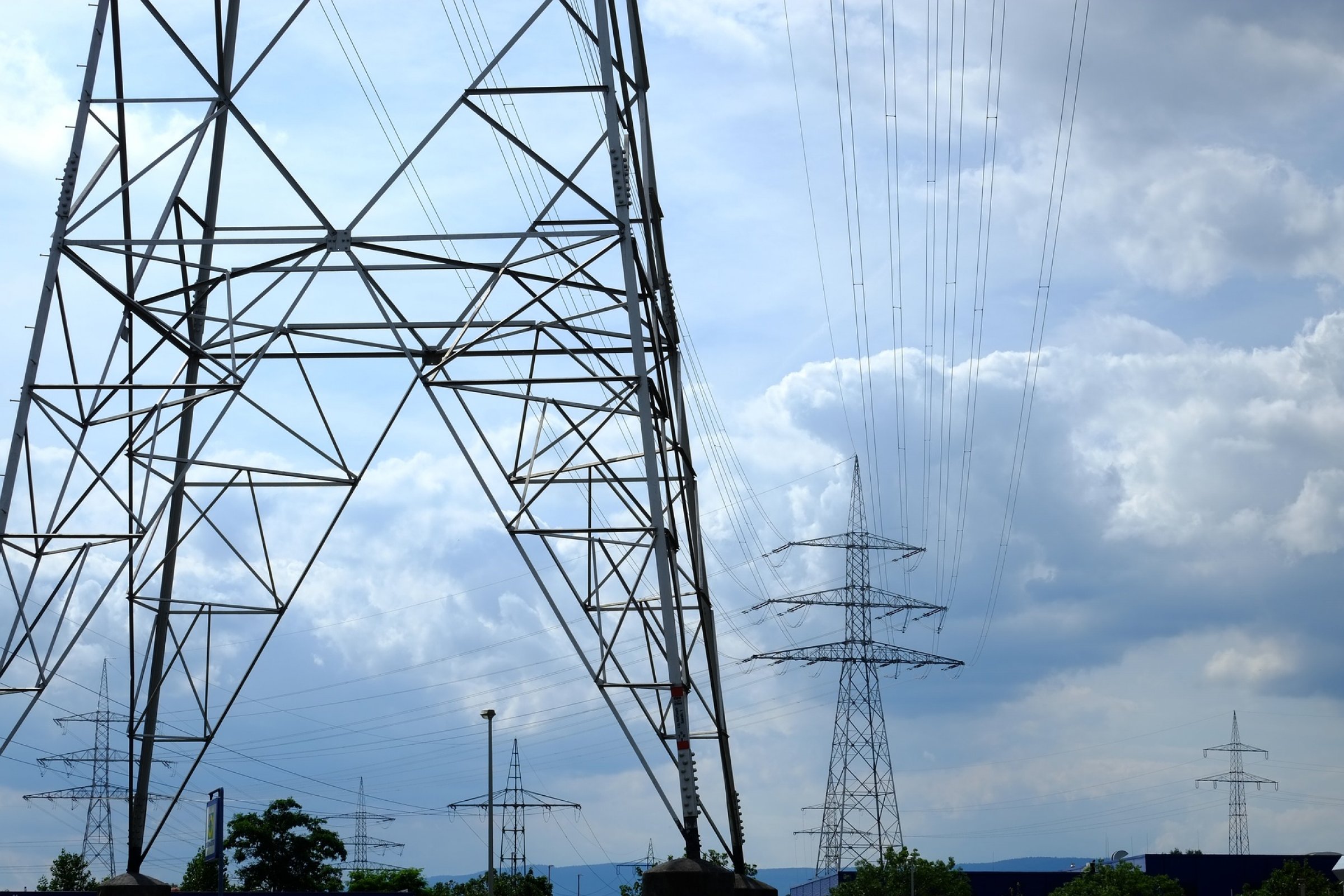February 1, 2019
Research on Energy Networks
FIAS Research Systems of Renewable Energies and Network Analysis receives further funding
Efficient power grids are an essential prerequisite for a successful conversion of the energy system. In order to support work on the power grids of the future, the Federal Ministry of Education and Research (BMBF) is extending the funding of an interdisciplinary research project by three years, in which seven institutes, including the Frankfurt Institute for Advanced Studies with Professor Stefan Schramm, are involved. The joint project is funded by the BMBF with a total of 2.5 million euros.
FIAS is a partner of the interdisciplinary joint project "ConDyNet2". This abbreviation stands for "Collective nonlinear dynamics of complex power grids" and is a cooperation between the Frankfurt Institute for Advanced Studies (FIAS), Jacobs University Bremen (JUB), Potsdam Institute for Climate Impact Research (PIK), Forschungszentrum Jülich (FZJ), TU Dresden, Karlsruhe Institute of Technology (KIT) and TU Clausthal. Other partners involved are the DLR Institute for Networked Energy Systems Oldenburg, Siemens AG, Easy Smart Grid GmbH, Tennet, Transnet-BW, Elena International and the University of Aarhus.
Ensuring a reliable power supply with high performance quality and maximum flexibility requires innovation. Therefore, in 2013, the Federal Government initiated the Power Grids Research Initiative, in which Stefan Schramm's working group (FRESNA) researched renewable energy systems and their effects on power grids. In the previous joint project, FIAS investigated fundamental aspects of renewable energy systems and developed the software toolbox Python for Power System Analysis (PyPSA); the results of FIAS were published in more than 10 publications.
Building on this previous work, the project is now funded for another three years. FIAS now deals with questions of an applied nature: on the one hand the investigation of decentralized and distributed optimization of future energy markets, on the other hand the optimization and operation of networks under uncertainty. Thus, this project will contribute to a successful energy turnaround and a stable and sustainable energy supply with renewable energies such as solar and wind energy.
